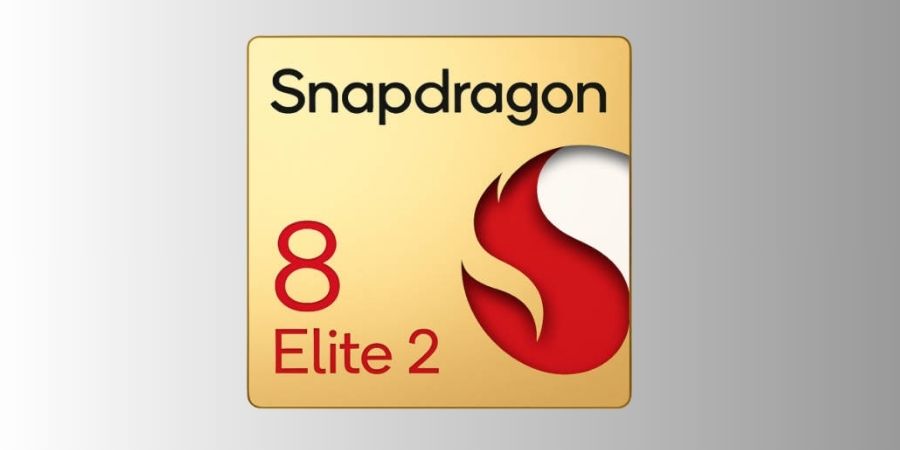Mental health is a huge issue these days, and it should be. More people are stepping forward to discuss their problems, seeking help, and requesting remedies that can fit into busy lives. Conventional therapy or counseling, however, isn’t always conveniently available—due to cost, stigma, or timing. Then comes mental health technology, which creates new channels to engage, help, and improve mental health.
Why Mental Health Tech Is More Important Than Ever
Demand for mental health treatment keeps growing, but so does the fact that it remains unaffordable for so many. Far too many suffer through long waits to meet with a professional or are not even able to pay for sessions on a regular basis. That gap guarantees that individuals end up without the treatment they have a right to. Virtual tools specifically created for mental health technology are now working to eliminate these roadblocks. They deliver therapy, coaching, and self-care directly to one’s phone or computer. No waiting rooms, no commuting, help where and when it’s needed.
How Digital Tools Improve Access to Care
Online platforms, applications, and counseling services are becoming increasingly accessible. For example, smartphone applications offer guided meditation, mood tracking, and cognitive behavior therapy exercises. These applications make users every day tools for managing stress, anxiety, or depression in an accessible, self-managed way.
Teletherapy, or online counseling, has exploded. People can now speak with licensed therapists over video calls, chat, or phone, from the comfort of their own homes. The ease is revolutionary, especially for rural residents or those with hectic lifestyles. It is also less stigmatizing, as the sessions can take place in confidentiality and anonymity.
Customized Experiences for Enhanced Results
One of the main powers of mental health technology is customization. There will be no one-size-fits-all approach in this case; digital technology can adapt to oneself’s specific requirements. Through monitoring data and AI, apps come to understand one’s routine and mood, and then they recommend accordingly. Such personalization drives engagement and makes people interested in taking care of themselves.
Additionally, technology allows therapists to have immediate feedback about their clients. This improves the quality of care because it provides timely interventions in response to altering treatment plans. It’s like having a constant connection rather than periodic, space-stretched visits. The result? Better mental health outcomes.
The Role of Artificial Intelligence and Machine Learning
Artificial Intelligence (AI) has played an important role in making mental healthcare a new experience. AI chatbots provide immediate support to people in crisis. The chatbots are warm, non-judgmental, and help users to relax or be heard when they don’t have access to a human therapist.
Machine learning also makes it possible to predict mental health threats by dissecting patterns in vast amounts of data. Early intervention results in quicker intervention, which is likely to prevent more serious episodes. AI is not meant to replace therapists but assist and complement them, making treatment efficient and available.
Removing Stigma and Encouraging Openness
Another profound impact of mental health technology is the de-stigmatization effect. In making mental health a part of common apps and websites, access to help becomes more normal and acceptable. People are more accepting of tracking mood or using meditation apps, leading to professional assistance if needed.
Social media and virtual mental health communities also provide safe spaces where people share their experiences, offer support, and learn from one another. Social media visibility destigmatizes mental health issues and encourages even greater openness.
Challenges and the Future Ahead
Although mental health technology is developing at a breakneck pace, it’s not without some serious challenges. Top among them are privacy and security concerns. Users want to feel assured that their own information is being secured. And not all digital tools are supported by solid scientific evidence, so it’s important to pick reliable and effective apps or platforms.
However, things are looking good in the future. Wearables, VR therapy, and improved AI will continue to push new frontiers. These innovations promise even more engaging, immersive, and effective mental health support options.
In brief, mental health technology is revolutionizing how people access help and improve their mental wellbeing. Digital tools provide convenience, personalization, and greater access that traditional methods cannot always offer. Contrary to problems, ongoing advances and innovation are making mental health treatment more inclusive and effective than ever.
If you or a friend is looking for flexible, accessible, and convenient means of addressing mental health, exploring digital resources is a smart place to start. The marriage of technology and the human spirit is empowering millions to find hope and healing in today’s pace-dominated world.













